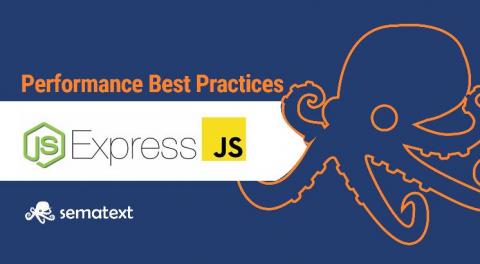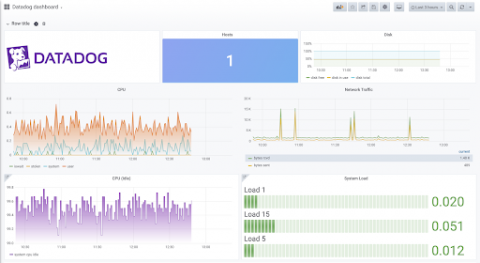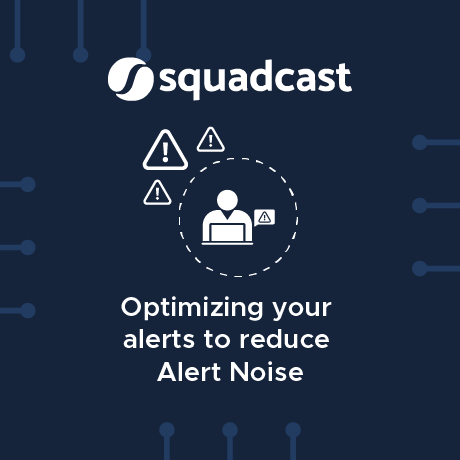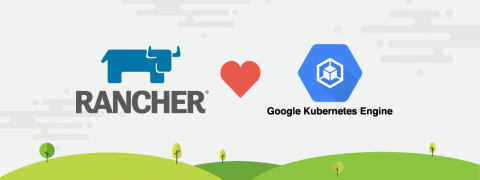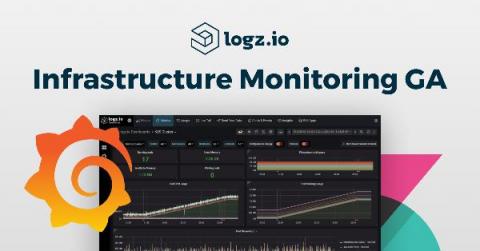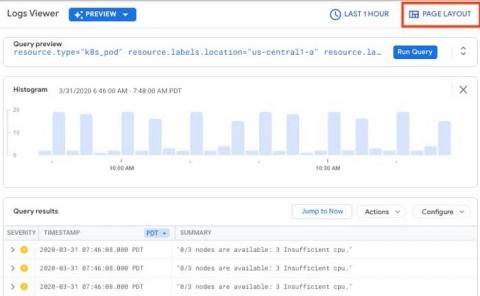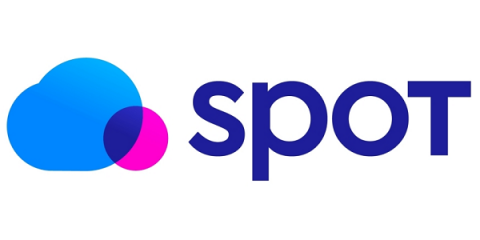Helping Your Remote NOC Teams Work Better Together
In light of COVID-19 related office closures, one thing we’ve seen and heard repeatedly is the “abandoned NOC.” People that are responsible for finding, escalating and resolving problems in your infrastructure and applications quickly are now having to work very differently. Two-minute hallway conversations are replaced with time-consuming emails, Slack, and virtual calls.




